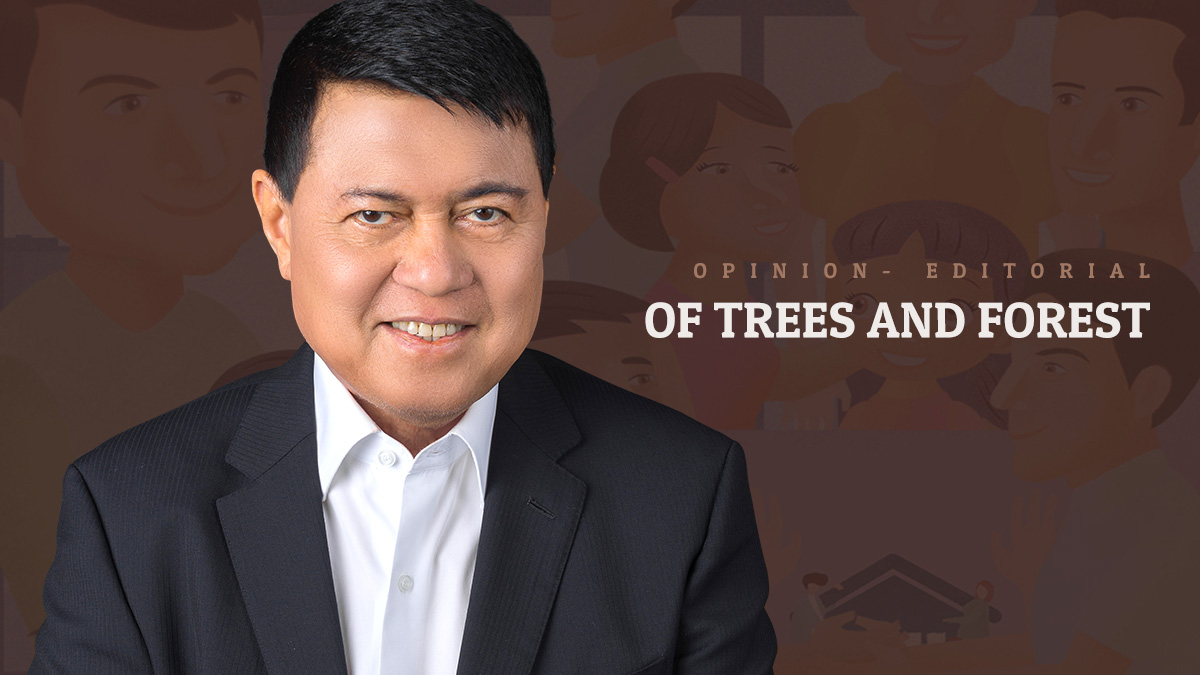
Presidential Visits
President Rodrigo Duterte is set to embark on his fourth trip to China this week. During his state visit here last year, Chinese President Xi Jinping extended the invitation to PRRD to attend the Second Belt and Road Forum (BRF). This visit follows three previous presidential trips to China—a state visit in October 2016, participation in the First Belt and Road Forum in May 2017, and the Boao Forum in April 2018.
Presidential visits are important foreign policy instruments because they strengthen our relations with other countries. Perhaps equally important, presidential visits boost economic cooperation (be it bilateral, regional, or global) and by extension spur our nation’s business and trade. I am fortunate to have the opportunity to join the Philippine delegation together with government officials and other representatives from the business sector.
In the past, our presidents have utilized state and official visits to pursue our national interest on the global stage. Former President Fidel V. Ramos, for instance, used his trips deftly in promoting trade and tourism for the Philippines.
Since his election in 2016, President Duterte has embarked on a number of presidential visits primarily to shape his foreign relations strategy focused on a recalibration of our relations with the United States and a broadening of our ties with other countries such as Russia, Japan, China and our ASEAN neighbors.
Duterte’s first international trip to Laos to attend the 28th Association of Southeast Asian Nations (ASEAN) Summit was characteristic of this shift in foreign policy. On the sidelines, Duterte met with his counterparts from Japan, Singapore, New Zealand, Vietnam, host Laos, and, most significantly, Russia.
The planned meeting with then US President Barack Obama was scrapped by the White House although the two leaders would meet informally at a later event. But considering the long-standing “special relations” between the Philippines and the US, the fact that the Duterte-Obama meeting was not the centerpiece of this presidential trip was a strong indication of the new direction the Duterte administration has decided to embark on.
Duterte’s October, 2016, official visit to Tokyo was significant as it focused on economic and defense issues. In particular, the visit was beneficial to our Armed Forces in terms of capacity-building training and, more importantly, additional patrol boats, trainer aircraft and high-speed craft so crucial for our maritime security. This was on top of investment offers and loans totaling $19 billion for infrastructure, agricultural development, defense, and employment.
Duterte’s May 2017, historic visit to Russia saw the signing of agreements on defense cooperation, intelligence sharing, agriculture, trade, tourism, culture, foreign affairs, transportation, and the peaceful use of nuclear energy. This visit was interrupted by the siege of Marawi City warranting the abrupt return of the commander-in-chief after declaring martial law in the whole of Mindanao.
The President’s three previous visits to China (and President Xi’s reciprocal visit) were of course equally historic because they represented a reorientation of the bilateral relations between the two countries previously strained by territorial disputes and geopolitical issues.
I am particularly excited about this 4th China visit because the 2nd Belt and Road Forum for International Cooperation will, for the first time, be attended by members of the Asia-Pacific business community. This was emphasized by the Chinese president when he announced the holding of this second forum. This of course differed from the inaugural meeting where most attendees came from governments and think tanks.
I am hopeful that the meeting will produce a more concrete roadmap to implement the ideals of the 1st BRF Joint Communiqué on “the importance of expanding economic growth, trade, and investment based on a level-playing field,” and more significantly, “consultation on an equal footing…including respecting the sovereignty and territorial integrity of countries; formulating cooperation plans and advancing cooperation projects through consultation.”





